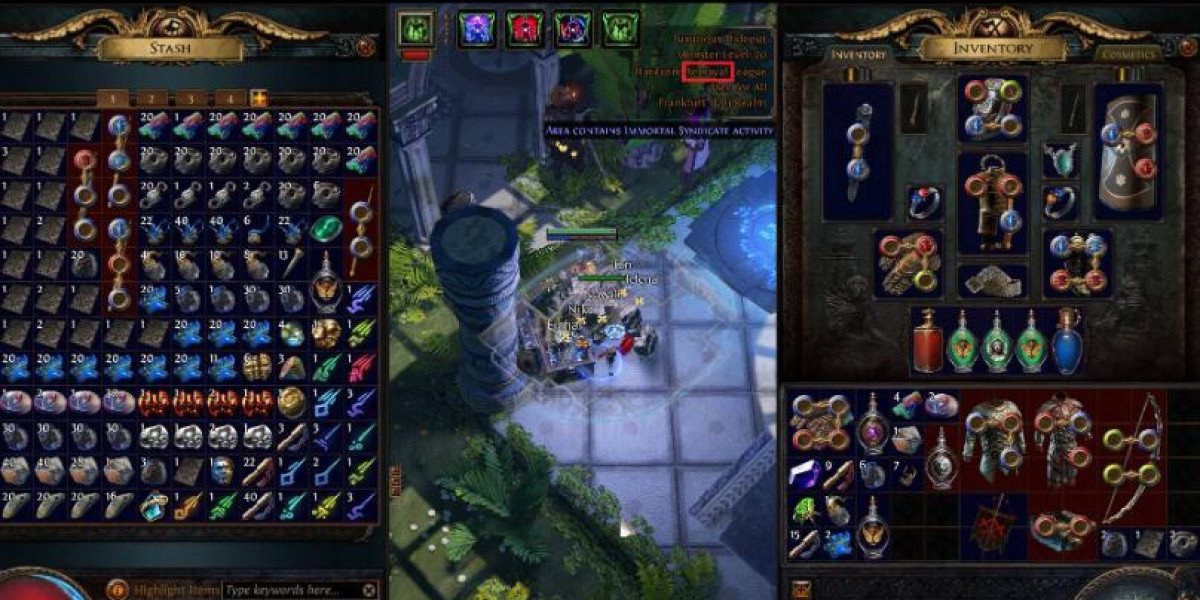Custom vs Template Websites: What’s the Best Option for You?
When it comes to building a website for your business or personal brand, the first big decision is often whether to go for a custom-built website or a template-based website. This decision will shape everything from your site's appearance to its functionality, cost, and how easy it is to maintain in the long run. Both options have their unique advantages and limitations, so it’s important to understand what each entails before making a decision.
In this article, we’ll explore the differences between custom and template websites, weighing the pros and cons of each so you can decide which one is the best fit for your project.
What is a Custom Website?
A custom website is a fully tailored, unique site built from scratch to meet the specific requirements of your business or brand. A custom website is designed by professionals who create a website that reflects your specific vision, incorporating everything from the layout and color scheme to functionality and features. Essentially, every element of a custom website is crafted to suit your business objectives.
Why Choose a Custom Website?
Complete Creative Control: A custom website allows you to design the site exactly how you want it. Whether you need a highly sophisticated feature, a unique design, or a specific user experience, a custom site can be built to your precise specifications.
Scalability and Flexibility: A custom website offers long-term scalability. As your business evolves and grows, your website can be easily expanded or modified to meet changing needs—whether that means adding new pages, integrating advanced features, or making major adjustments.
Optimized for Performance: Custom websites can be optimized for speed, efficiency, and performance right from the beginning. Since the site is built with your business in mind, the design and code can be fine-tuned for maximum performance.
SEO Control: Custom-built websites give you more control over the SEO (Search Engine Optimization) elements of your site. You can ensure that the website's structure, metadata, content, and code are all optimized for search engines from the outset, improving your chances of ranking higher in search results.
Enhanced Security: Custom websites are more secure because developers can implement specific security measures tailored to your site’s needs. This reduces the risk of vulnerabilities that are common in widely-used template websites.
Challenges of Custom Websites:
Higher Cost: Custom websites typically require a larger investment compared to templates. The design and development process is time-consuming and requires expertise, which can drive up costs. For smaller businesses or individuals on a budget, this might be prohibitive.
Longer Development Time: Building a custom website can take weeks or even months, depending on the complexity of the design and features. This means you’ll have to wait longer before your website is live and ready to attract visitors.
Ongoing Maintenance: A custom website requires regular updates, maintenance, and troubleshooting to ensure everything is running smoothly. You’ll likely need a developer or a team to keep your site up-to-date, which could add to your long-term costs.
What is a Template Website?
A template website, on the other hand, is a pre-designed website that you can customize using a website builder platform like WordPress, Wix, or Squarespace. These platforms offer a range of templates that you can select and modify to suit your brand. Templates come with a basic design and built-in functionality, and you can personalize them by tweaking the colors, fonts, text, and images.
Why Choose a Template Website?
Affordable and Budget-Friendly: Template websites are much cheaper than custom-built websites. Many website builders offer free or low-cost templates, making them an excellent option for businesses or individuals with a limited budget.
Quick to Set Up: Since templates are already pre-designed, you can have your website up and running in just a few hours or days. There’s no need to wait for a developer to design and build the site from scratch, which is ideal if you need a website quickly.
Easy to Use: Template websites are designed for non-technical users, making them an excellent choice for individuals with little to no coding experience. Most website builders offer drag-and-drop features, so you can easily customize your site without needing to write a single line of code.
Built-In Features: Templates typically come with pre-installed features such as contact forms, photo galleries, blog integration, and even e-commerce functionality. These built-in elements make it easy to add functionality to your website without extra development time or effort.
Ongoing Support and Updates: Many platforms that offer templates provide customer support, as well as regular updates to ensure that your site stays secure, functional, and compatible with modern web standards.
Challenges of Template Websites:
Limited Customization: While templates allow you to make basic changes, they don’t offer the same level of flexibility as custom websites. If you need specific features or a unique layout, you may find templates restrictive.
Lack of Uniqueness: Because templates are available to anyone, many websites end up looking similar. If you want a website that stands out and reflects your brand’s unique identity, a template-based site might not cut it.
Potential Performance Issues: Templates are designed to be “one-size-fits-all,” which means they can sometimes include unnecessary code or features that can slow down your site’s performance. Additionally, you may not have full control over how optimized the template is for speed.
Security Risks: Since templates are widely used, they can be vulnerable to security threats, especially if the template is not regularly updated or maintained. This is something to consider when using a template-based website.
Limited Scalability: If your business grows and you need additional custom features, a template website might become harder to scale. Template sites can be challenging to modify as your needs change, and you may need to hire a developer to make more complex changes.
Which Option Should You Choose: Custom vs Template Websites?
The decision between a custom website and a template website largely depends on your budget, timeline, and long-term goals. Let’s break it down:
Budget: If you have a limited budget, a template website is the more affordable option. It allows you to create a functional site at a fraction of the cost of a custom website. However, if you’re willing to invest more in a unique, tailored solution, a custom website is worth the extra cost.
Timeline: If you need to launch your website quickly, a template website is the better choice. You can have your site live in no time, while a custom website can take months to develop and launch.
Business Size and Goals: A custom website is ideal for larger businesses with specific needs and long-term growth plans. If you’re a small business or individual looking for a simple, functional site without the need for complex features, a template website may be the best choice.
Branding: If brand identity and creating a unique experience for your visitors are important, a custom website allows for complete creative control. With a template, your site may look similar to others, which could hinder your ability to stand out.
Scalability: If you’re planning to scale your business, a custom website is generally the better option. Template websites can become limiting as your business grows, and adapting them to your evolving needs may be challenging.
Conclusion
Both custom and template websites come with their own set of benefits and challenges. If you’re looking for a unique, scalable, and feature-rich website that perfectly aligns with your business goals, a custom website is the way to go. However, if you’re on a tight budget or need a quick, easy-to-manage solution, a template website can help you get your site online without the heavy costs and long wait times.
Ultimately, your choice depends on your specific needs, budget, and long-term vision for your website. Take the time to evaluate your options carefully, and remember that the best website is one that meets your goals and provides value to your users.


